A vision statement is an important step forward for your Family of Parishes. A strong vision statement encapsulates inspiration and provides a rallying cry — a clear goal — for your Family’s leadership and members. A clear vision helps prioritize allocation of parish resources, facilities and funds. A vision statement also helps people move out of their comfort zones and past the normal reluctance to change by energizing your parish communities with the promised vision of a better future state. Thus, a clear, concise vision is important to meeting the Leadership vision point of co-responsibility:

Pastors, staff and parishioners share responsibility for bringing all relevant perspectives to the process of discernment, according to their proper roles and gifts.
For an additional perspective on the importance of vision, please see this video.
There are many ways to create a vision statement. If your Family of Parishes is using the Next Generation process in consultation with Catholic Leadership Institute, then you will use the Next Generation Parish visioning process, not those defined here. Some Families of Parishes are using other approaches to define vision. In terms of vision, there are two important things to the Beacons of Light process:
- Your vision is aspirational and aligned with the Beacons of Light pastoral goal to pursue the God-given mission of sharing the Gospel throughout our archdiocese.
- Your Family’s vision is not dictated by any one person but is developed with input and buy-in from parish staff and volunteer leadership. Collaboration will support broad adoption, foster co-responsibility and increase the impact of your vision statement on the direction and ecclesial culture of your Family.
The Center for Parish Vitality’s (CPV) recommended approach to creating a vision is defined here in Phase 2, primarily in the Visio Day and Family Visioning Process work steps. There is flexibility and some options within these steps. CPV advises that you consult with your Beacons of Light Liaison or the CPV at [email protected].
